- IF: Imagination and Fantasy
- Posts
- Digging Into Influential Sci-Fi Shows of the 90s
Digging Into Influential Sci-Fi Shows of the 90s
The Decade That Changed Science Fiction Forever
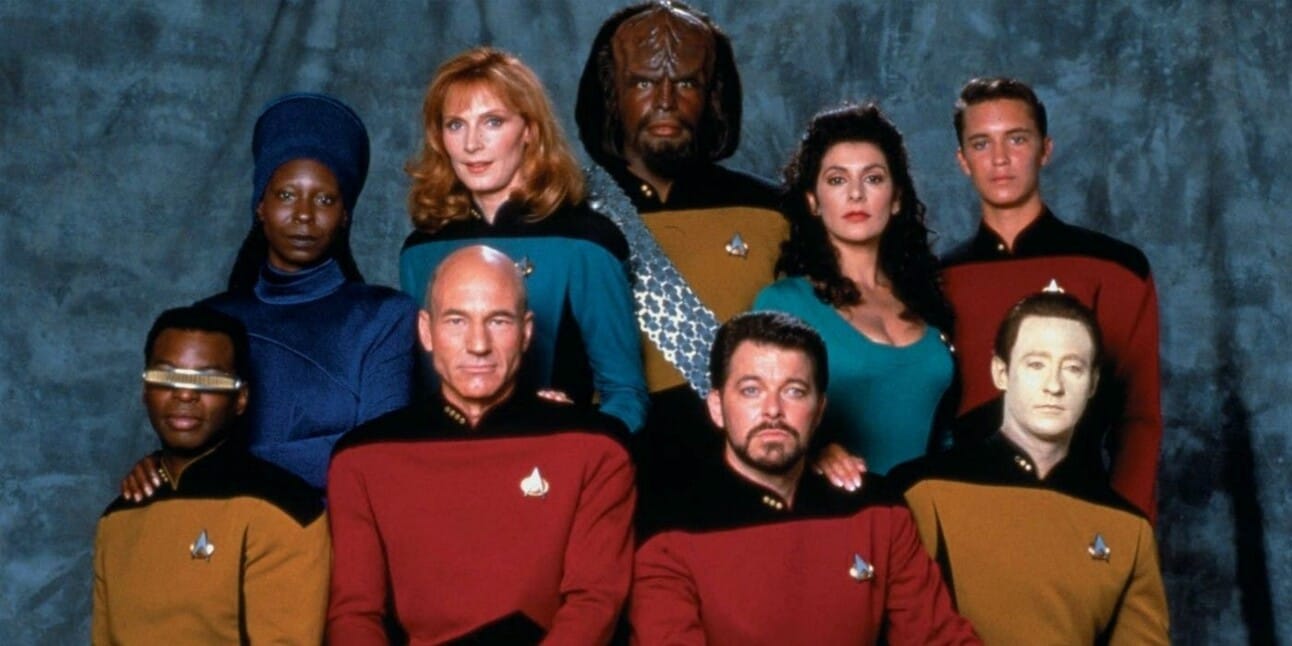
Introduction
Hello, fellow sci-fi enthusiasts! Today, we're embarking on a thought-provoking exploration of the most influential science fiction TV shows of the 1990s. This retrospective is inspired by various sources, including an insightful piece from Screenrant and passionate viewer comments. Together, we'll decode why these shows have left such a lasting impact on the television landscape and how they continue to resonate with audiences today.
A Golden Era of Sci-Fi TV
The 1990s were undeniably a golden era for television sci-fi. With the technological advancements in CGI and the emergence of new networks, the stage was set for innovative storytelling. From multiverses to complex character arcs, these shows defined the decade and paved the way for the intricate narratives we enjoy today.
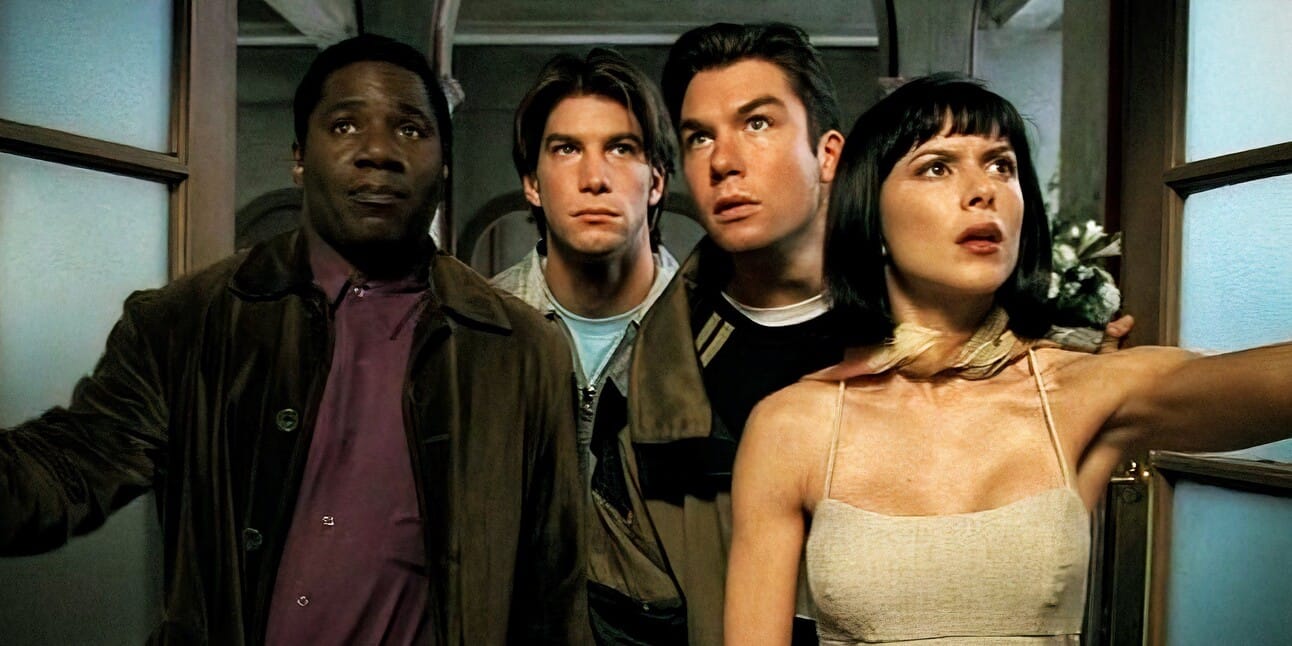
Sliders: Opening the Door to the Multiverse
First on our list is "Sliders" (1995-2000). This show introduced audiences to the thrilling concept of parallel universes. While today's viewers are familiar with multiverse stories, Sliders was a trailblazer in making this idea accessible to a mainstream audience. Using different worlds to hold a mirror to our own, "Sliders" inspired countless shows and even ignited discussions on potential reboots in the modern multiverse craze.
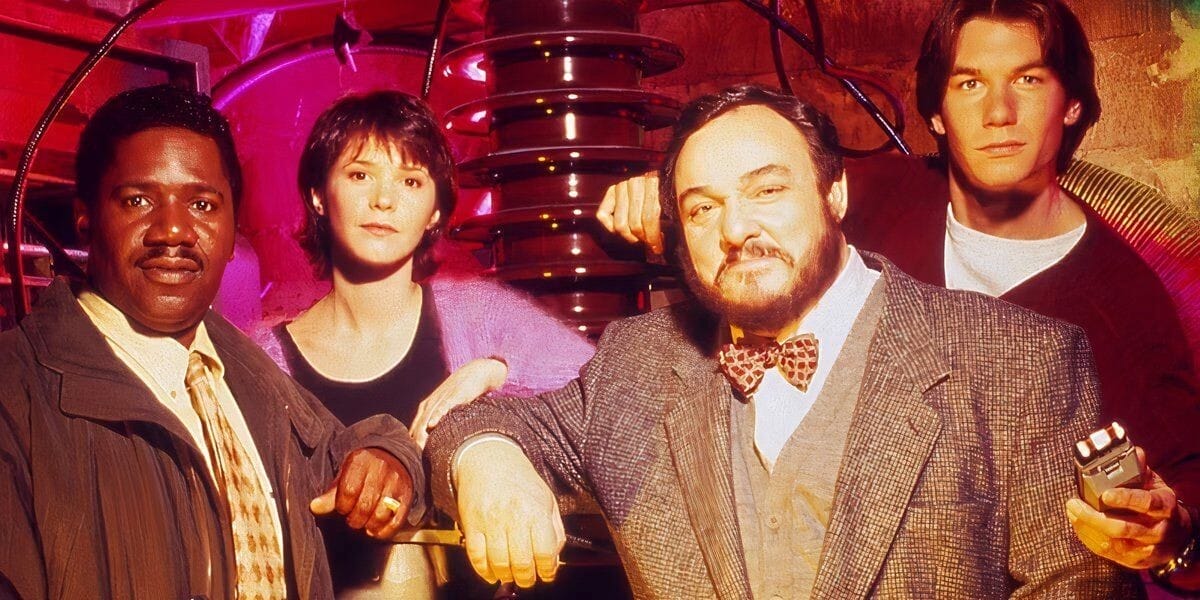
Farscape: Embracing the Weird and Wonderful
With "Farscape" (1999-2003), viewers were treated to a blend of adventure and whimsy. Known for its beautiful yet bonkers narrative, the show pushed the boundaries of sci-fi and incorporated unique elements like Henson Creature Shop puppets. Beyond its eclectic mix, Farscape's influence on character-driven space stories is evident in shows like "Dark Matter" and "Guardians of the Galaxy."
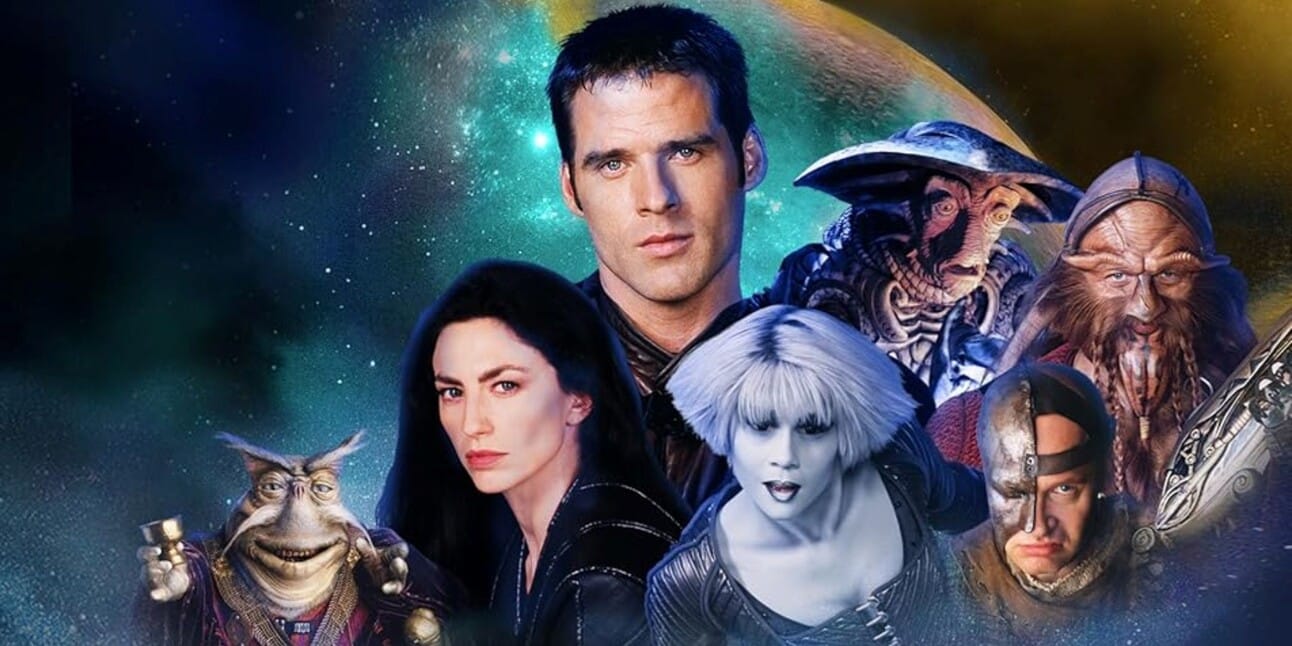
Quantum Leap: Personalizing Time Travel
"Quantum Leap" (1989-1993) offered a refreshing take on time travel. Dr. Sam Beckett's adventures into other people's lives presented personal, small-scale stories. Its emphasis on empathy and morality resonated deeply, with its influence seen in modern shows that blend humor, heart, and the extraordinary, such as "The Good Place."

Star Trek: The Next Generation - Reigniting a Franchise
A giant of 90s sci-fi, "Star Trek: The Next Generation" (1987-1994) redefined the Star Trek universe, expanding with new species, technologies, and moral dilemmas. It demonstrated the viability of reviving and reimagining classic sci-fi series, setting a precedent for successful franchise renewals like "Doctor Who."

Babylon 5: Pioneering Serialization
Running from 1993 to 1998, "Babylon 5" was lauded for its groundbreaking serialization and pioneering CGI. Creator J. Michael Straczynski mapped out the show as a five-season narrative, an anomaly for its time. This commitment to deep storytelling paved the way for the serialized format that has become a staple in contemporary television.
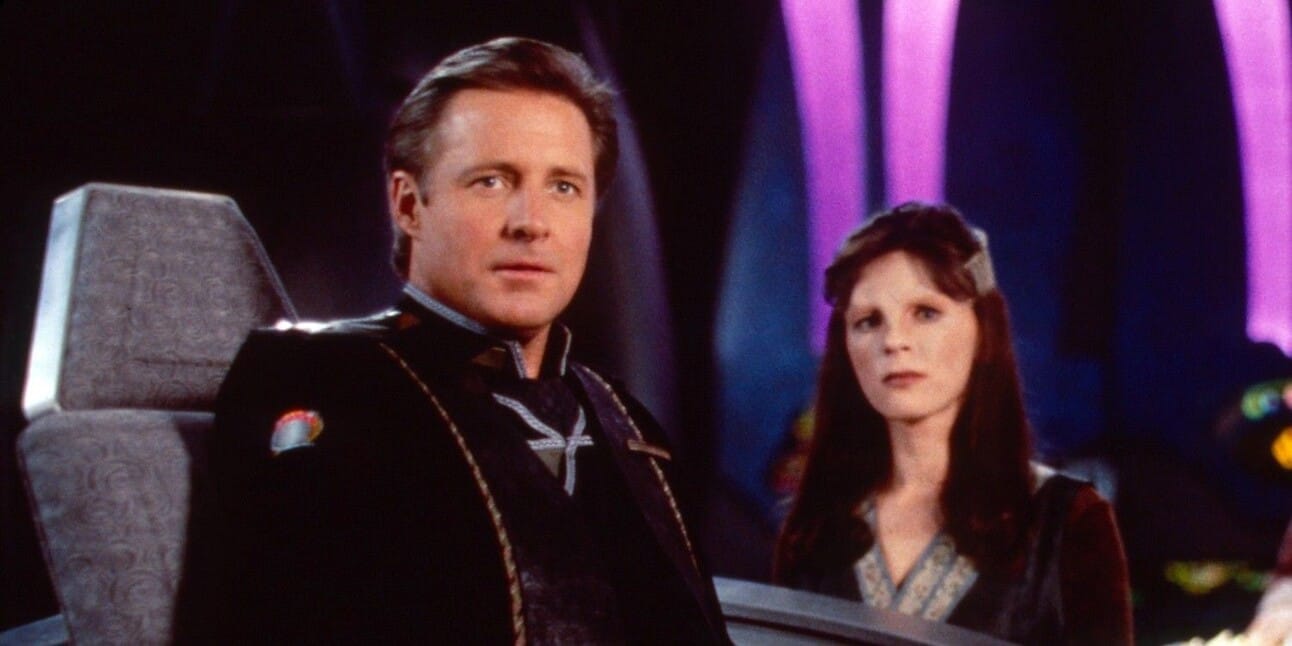
The X-Files: Blending Genres and Building Mysteries
Lastly, "The X-Files" (1993-2002) remains one of the most influential shows of the 90s, seamlessly blending procedural drama with science fiction and horror. Its iconic formula of "monster of the week" episodes, interspersed with overarching mythology plots, inspired a generation of "mystery box" series creators, including J.J. Abrams and the team behind "Supernatural."
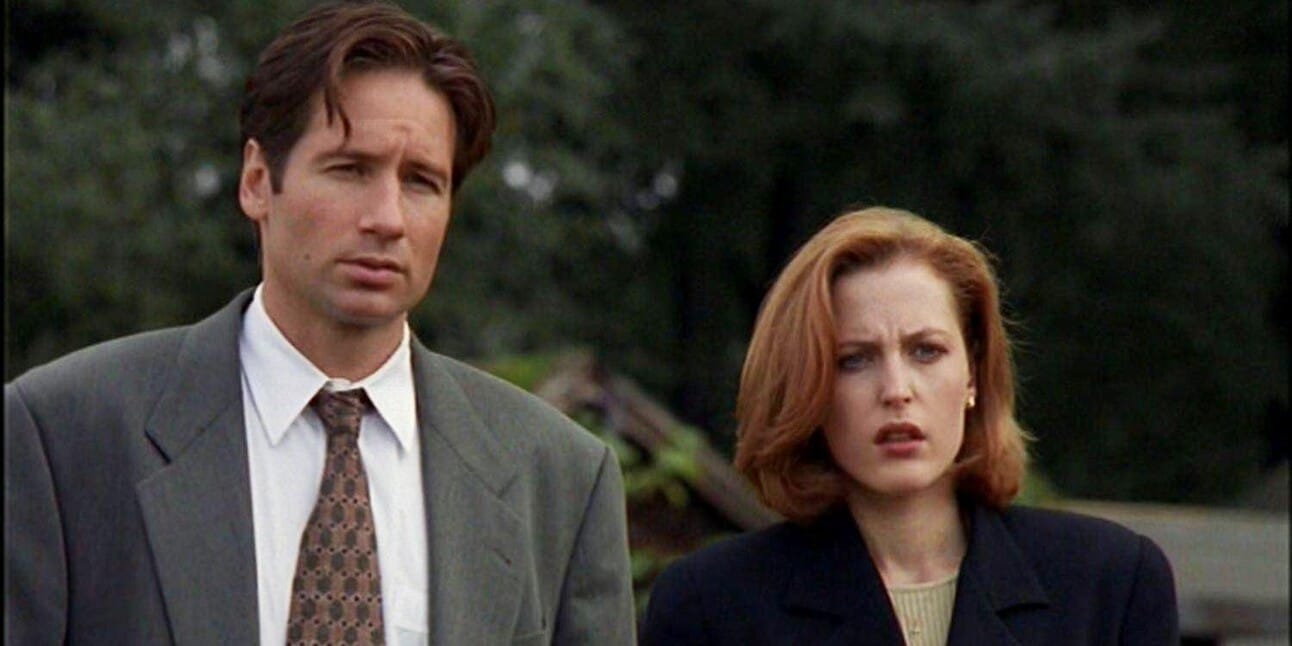
Influence Vs. Imitation
Throughout our exploration, a recurring theme arises: the distinction between influence and imitation. It is a testament to these shows' lasting impact that their themes and narrative structures became templates for future storytelling. Rather than mere imitations, these series are shapers, laying the groundwork for the rich, complex television landscape we cherish today.
Conclusion
As we reflect on these iconic shows, one question lingers: How do we draw the line between a work being influenced by its predecessors and simply imitating them? In exploring this boundary, we gain insights into the creative process and the evolution of genres like sci-fi over time. What are your thoughts on this? Feel free to share in the comments below!
Thank you for reading, and may your love for science fiction continue to thrive!
Listen to the full podcast episode here!